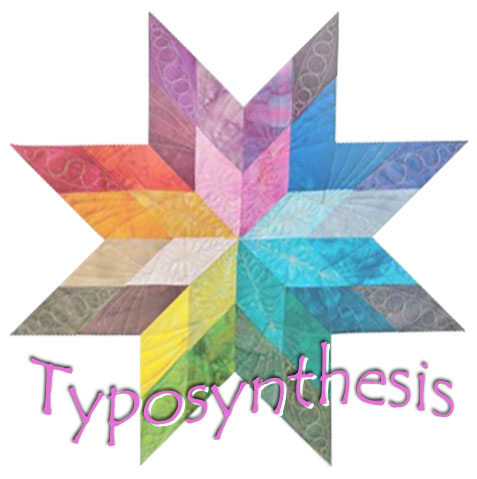SENSING INTROVERTED WITH THINKING
Si+Te = ISTJ in MBTI = SLI in Socionics
The Socionics definition:
1. Introverted Sensing. SiTe types are naturally good at knowing what kinds of activities and stimuli will produce which sensations and physical states in themselves and the people around them. They are highly sensitive to sensations of internal discomfort and dissonance, or when someone or something is aesthetically out of place. They usually take quick action to remove the discomfort, dissonance, or misplacement so that things "feel right." They are attracted to material (concrete) objects which produce the "right" sensations and physical states, such as stereo systems which produce the best sounds or clothes that produce the best feelings either through their pleasant texture and ease of use or through their aesthetic appeal. They dislike it when others deny them of pleasurable material objects and can get quite possessive and territorial when claiming or re-claiming them.
SiTe types are skilled at recognizing and remembering their own and others' internal physical states and at imagining how different things would affect that state. When analyzing the behavior of themselves and others, they focus on these physical states and see them as determining much of a person's actions. They prefer to keep their lifestyle and living space simple and to avoid excessive, gaudy possessions and excessively complex living habits and duties. SiTe types encourage those they care about to take the time to experience pleasurable and soothing sensations, avoid getting caught up in the hustle and bustle of everyday life, and to listen to their bodies and their sincere inner desires. They can be concerned with their own health and those they know.
SiTe types are drawn to situations which allow them to maximize these physical states and like to dwell on soothing, pleasurable sensations, or the enjoyment of physical motion. They often seek physical and manual involvement in work activities. SLIs prefer to get involved in business projects rather than sit back and let things happen on their own (weak Ni too). SLIs are adept at portraying excitement and disgust through their physical gestures.
1. Extraverted Thinking. SiTe types typically have a dry, matter-of-fact speaking style and focus on conveying accurate information rather than emotions. They like to take note of and emphasize the usefulness or uselessness of things and how well things or people achieve their intended goals. SLIs are often masters at getting the greatest return from the fewest possible actions.
SiTe types place great emphasis on having high quality objects and people in the right places. They enjoy the process of analyzing and comparing different goods and services when making purchasing decisions and do not like to delegate this task to other people. They enjoy the process of assessing quality and functionality and finding the best price for the chosen option. They effectively and sparingly allot resources and discern between primary and secondary needs. They have a good sense for how much their work is worth and whether something is a good deal or not. They have little problem giving up work that brings too little return for the time and effort invested. They have no interest in careers in which they do not believe they are the best. SiTe types recognize fairness and conscientiousness (or the lack thereof) in other people and try to avoid working with those who cannot be trusted to follow through.
The SiTe type's objective and creative motive is to find materials, localities, spaces, and actions that will engage and move the senses and produce proper sensations within people. The SiTe type is essentially "a person's person". However, SiTe types are only keen on people from a distance, because people are objects varying in quality of nature. SiTe types do not prefer doing much complicated analysis (subdued Ti) and rather enjoy the process of synthesising things they sense. They understand their entire world by identifying what causes pleasant and unpleasant reactions. When identifying these, the SiTe type feels a sense of power because this allows them to adapt and use objects (and people) as he or she feels need.
Source - wikisocion.github.io
